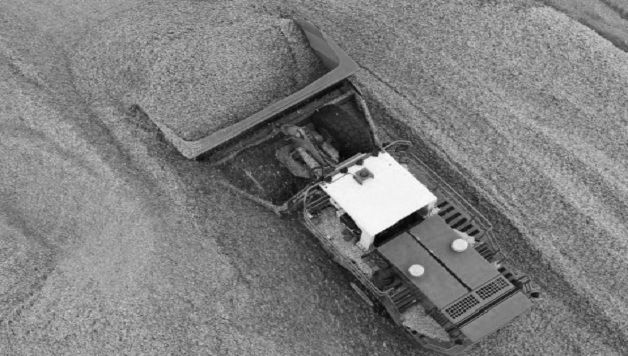The crusades against petrol prices continue, with the UK OFT the latest regulator to take up the cause.
Since at least February this year, the OFT has been fielding calls to investigate petrol retailers. It resisted at first, stating there wasn’t a significant competition issue that could be addressed using its power. The OFT has since conceded – slightly – by issuing a call for information, a preliminary step which will allow the OFT to determine if there are sufficient grounds to launch a full scale (and much more costly) sector investigation (see press release here).
Of course, the OFT is not the first regulator to scrutinise the industry. Investigations into the petrol industry have also been conducted in Germany and Spain and in May this year, the ACCC announced an investigation into the sharing of price information between major petrol retailers. This follows the ACCC’s 2007 inquiry into the price of unleaded petrol.
The OFT’s call for information focuses on:
- whether reductions in the price of oil are being reflected in reductions in petrol prices at the pump;
- practices by supermarkets and major oil companies that may inhibit the ability of independent retailers to compete (such as “shopper dockets” for discounted petrol); and
- a perceived lack of competition in remote areas.
The OFT is also interested in whether concerns about price coordination being raised by other competition authorities (such as the ACCC) are relevant to the UK.
The OFT’s concerns about shopper dockets are interesting. In its 2007 inquiry, the ACCC found that such supermarket schemes benefited consumers and promoted competition (see the report here). However, the ACCC has recently confirmed it is again investigating the competition implications of shopper docket discounts (see this speech by Rod Sims). In the UK the Retail Motor Industry Federation – one of the main complainants to the OFT – fears that the big supermarkets are pricing fuel below cost, by cross-subsidising across their grocery retailing activities. Such discounts have the potential to drive out independent fuel retailers. In the long term, big retailers may be able to increase prices without fear of competition.
The OFT will be collecting information over the next six weeks and plans to publish its findings in January 2013. It remains to be seen whether its call for information will turn up enough material to warrant a full scale investigation, and what that investigation will ultimately focus on.
On a side note: interested parties are invited to contact the team leader of the project – Liz Hurley. We assume this refers to an OFT employee and not the safety pin dress-wearing, Shane Warne-marrying mega-star of the same name – as we’re not convinced about the latter’s exposure to (or appreciation of the cost of) the price of petrol on the M1 motorway.
Photo credit: Steve Snodgrass / Foter / CC BY








